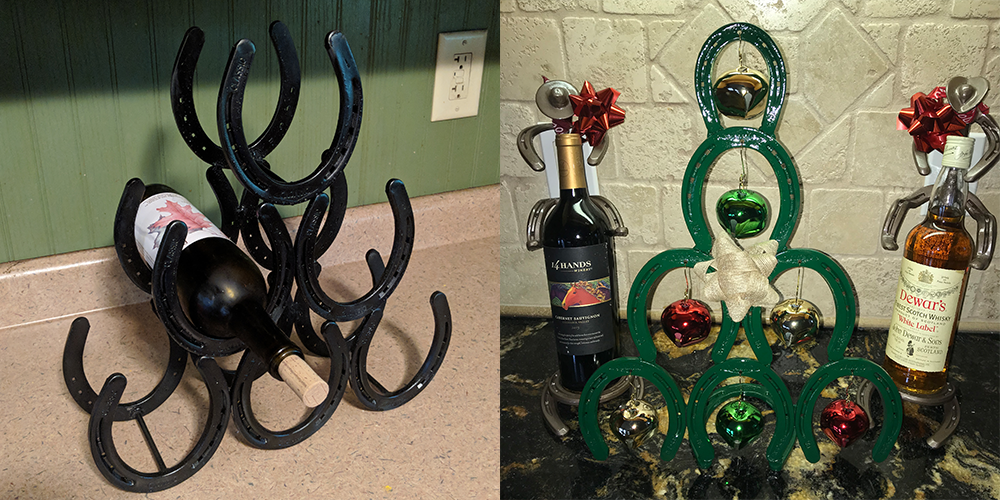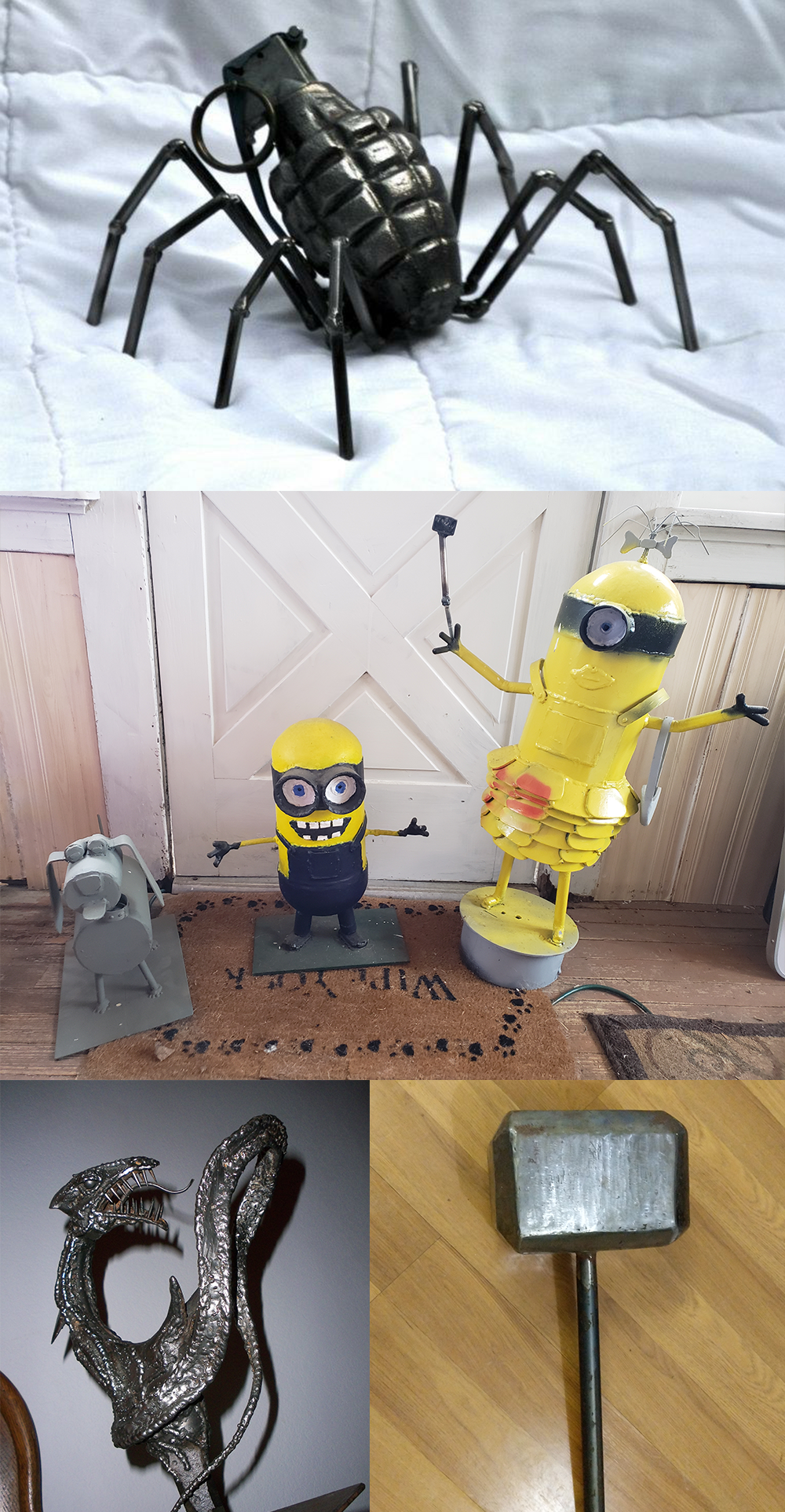A recent study from Georgetown found that next year, almost 2/3rds of jobs will require some type of college or other formal education beyond high school. What exactly does this mean for the welding industry?

Experience Matters
The lapse of the recession has been good for welders. But there are still plenty of us out there that feel it’s difficult to land a solid position. At the same time, companies often complain they can’t find welders to hire. What’s the deal?
It turns out that companies don’t have a problem hiring just any welder. Finding an experienced welder looking for work is the real challenge.
There are several reasons for this. With the country’s infrastructure growing older, more and more highly experienced welders are needed. The upturn in the economy has also led to more building, requiring skilled welders.
At the same time, it’s harder for entry-level welders to gain vital experience. Companies are less willing to help train their welders and invest in their employee’s professional growth. Since experienced welders are in such demand, the fear is that by training up your employees, they’ll simply leave for higher-paying jobs.

This Can All Be A Very Good Thing, For You
To put it simply, people are willing to pay quite a bit for skilled welders but it’s up to you to get that experience. In fact, According to the American Welding Society, in the past 12 months, there have been over 140,000 job postings for welding professionals and over 30,000 of these were for pipe welders. By 2022, it is projected the U.S. will need over 450,000 welding professionals.
Trade school or college is by no means the only answer. The main thing to ask now is, “what is your end goal.” If you’re looking to become a welding engineer or weld inspector, those positions do require some college experience. You can get around the education requirements, but it takes many more years of experience in comparison.
Other high-quality welding jobs, however, don’t require a college degree. In fact, most certification is earned by passing the necessary tests, not by any educational prerequisites.
No matter what type of career you’re looking for, actually knowing how to weld is always helpful. It’s very common for someone to spend 4 years studying the science of welding in a classroom without learning how to lay a proper bead. Having your own welder makes a huge difference. Here’s two of our favorite starting machines:
The Millermatic 211 allows you to hit the ground running. For most welders, using the right settings has always been the biggest challenge. This is because it’s difficult to tell if the problem lies in your technique or just your settings. With its auto-set feature, the Millermatic 211 allows you to gain experience actually welding rather than fiddling around with dials.
Hobart has always been a favorite, especially for entry-level welders. Simply put, Hobart offers high-quality, reliable machines at a good price. While the Hobart Handler lacks some of the more advanced features of other brands, it produces a steady arc that you can trust to get the job done. While it won’t give you as much room to grow as the Millermatic 211, the Handler 210MVP is one of the best MIG machines that’s currently going for under $900.






